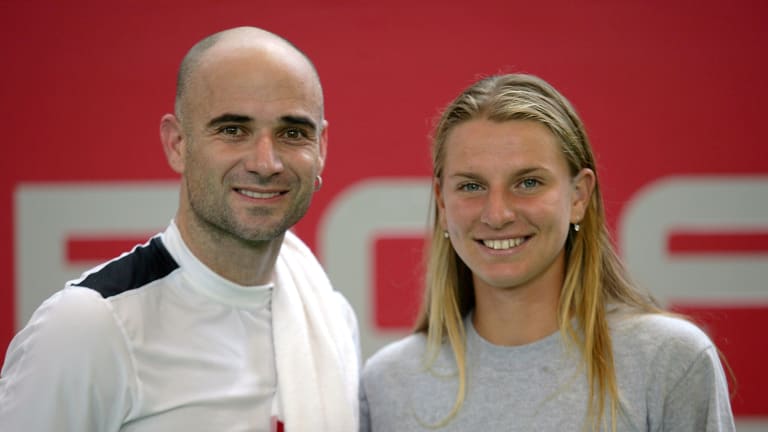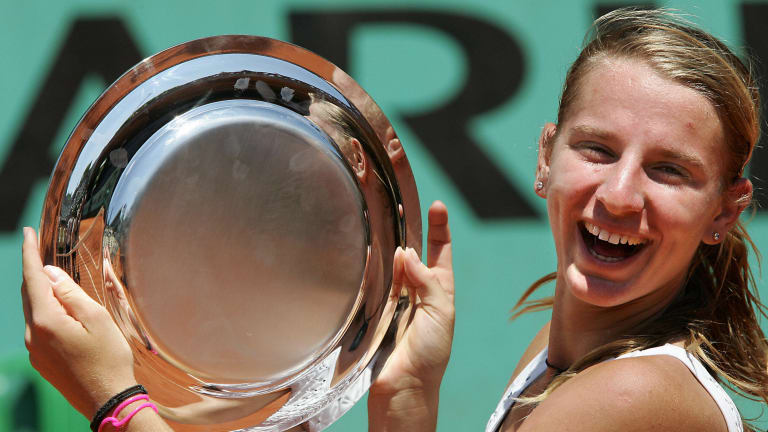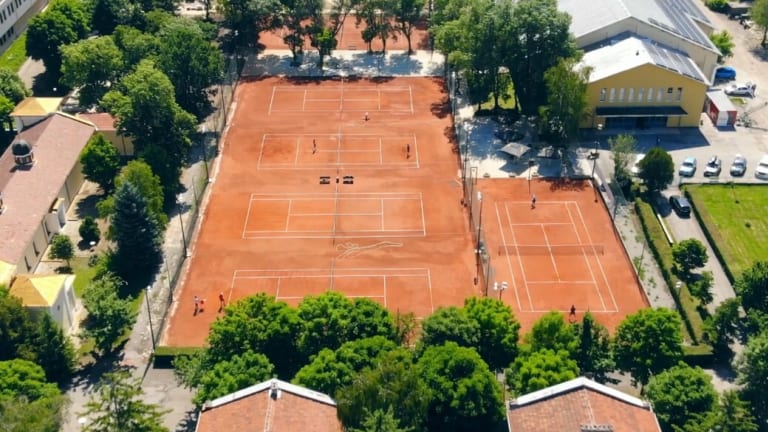Tennis.com Interview
With new academy, unbreakable Sesil Karatantcheva plots Bulgarian revolution for next generation
By Jun 21, 2021Tennis.com Interview
Jan-Lennard Struff sees Munich title defense bid as 'perfect opportunity' to turn 2025 around
By Apr 14, 2025Tennis.com Interview
Lorenzo Musetti manifested his 'special' week in Monte Carlo with first Masters 1000 final
By Apr 12, 2025Tennis.com Interview
No logic, just a feeling: Andrey Rublev "always knew" he wanted to work with Marat Safin
By Apr 07, 2025Tennis.com Interview
Brad Gilbert, Patrick McEnroe weigh in on U.S. men's tennis evolution
By Apr 05, 2025Tennis.com Interview
Patrick McEnroe decries Jannik Sinner suspension, tags Joao Fonseca as future star
By Apr 04, 2025Tennis.com Interview
On chicken farm, Danielle Collins embraces “crunchy granola lifestyle”
By Apr 03, 2025Tennis.com Interview
Feeling like a teenager, Alizé Cornet, 35, makes triumphant comeback from retirement
By Apr 02, 2025Tennis.com Interview
Danielle Collins launches iconic richsport merch collab
By Mar 07, 2025Tennis.com Interview
Zizou Bergs: From TikTok to Top 50 in Indian Wells?
By Mar 06, 2025Tennis.com Interview
With new academy, unbreakable Sesil Karatantcheva plots Bulgarian revolution for next generation
The former world No. 35 has been off the court since 2019, and is eager to channel her rich academy history into a place of her own.
Published Jun 21, 2021

© 2005 Getty Images
Advertising

The affable Karatantcheva first made her star turn at Roland Garros in 2004, when she won the junior title (Getty Images).
© AFP via Getty Images
Advertising
Advertising

(Sesil Karatantcheva Tennis Academy)